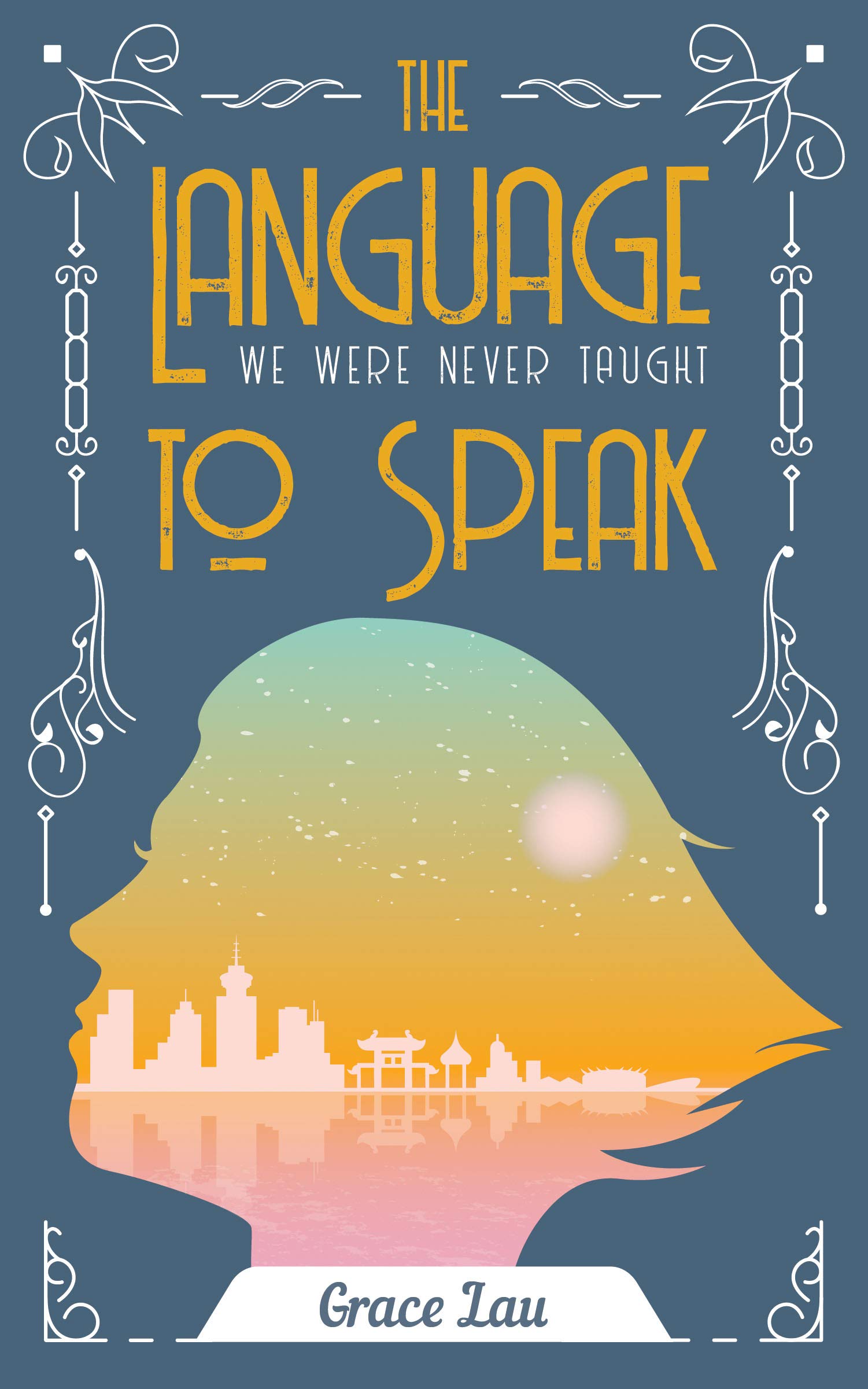By Grace Lau
Guernica Editions
81 pages
$20.00
Grace Lau’s debut poetry collection, The Language We Were Never Taught to Speak is a love letter to the narrator’s younger self. Throughout the book, learning the language of care is embedded in the literal act of learning a second language as immigrant children.
The collection’s queer protagonist expresses a desire that feels both deeply personal and widely universal. Lau’s poetic language is warm and inviting towards readers in direct contrast to the book’s titular unspeakable language that eludes the narrator throughout.
“Letter to Longing” uses soft language to achingly present the way we hold all longings within us: for home, for lovers, for resistance, for care. Lau writes how “Tonight we love each other / in a language in danger of being eaten.” This is an example of many tender ways in which Lau offers a reciprocity to love and longing. Desire fluctuates and is never absolute as Lau taps into the breadth of experiences with family, lovers, and negotiations with God and spirituality.
Negative familial reactions to queerness means that expressions of love are always tinged with grief. “In Chinese, sadness is a wounded heart,” Lau writes in the poem “My Grief is a Winter.” All meditations of love hold the underlying inevitability of leaving.
Across many poems, the speaker’s personal relationship to spirituality and God is brimming with queer love. “They Tell Me God Lives” reads, “if God is love, / then I know I have seen Him / in your eyes and I am saved,” contrasting with homophobia from family that occurs in other poems.
This is a collection to take in slowly in order to fully experience the observational aspects of the poems. Some of the most evocative moments occur within spaces of stillness. In “At Your Best,” Lau writes:
I can’t remember
when I gave the sun
back his hours but now
I am at peace with the world and its
unloveliness. Yes,
I think I would be happy
doing this
every night of my life.
For me as a reader, there’s resonation in both the need and the difficulty of relinquishing control to access some semblance of peace. “At Your Best” is a best-case scenario that will never be permanent.
However, as is Lau’s strength throughout the collection, there is a possibility within moments. Grounding immigrant experiences in specific places in Toronto and referencing pop culture unique to the author’s interests infuses a new delight in diaspora narratives. Amidst ache and longing there is joy and humour. The interweaving of these emotions gives a fuller picture of the ups and downs of second-generation immigrant experiences. To paraphrase one of Lau’s lines: We’re all just trying our best.
—Manahil Bandukwala














